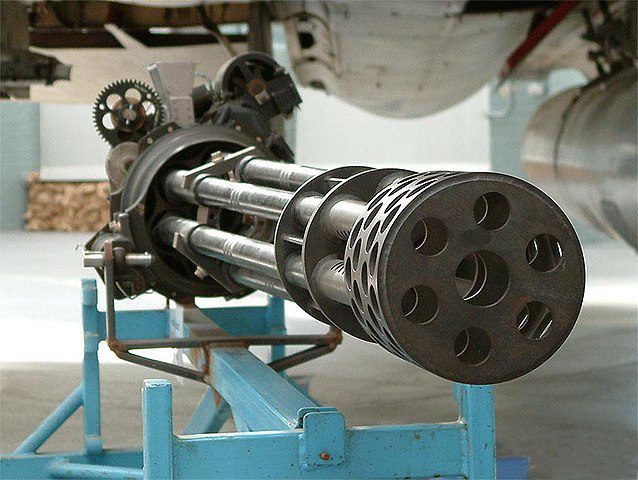A former U.S. Marine from Whittier agreed Monday to plead guilty to federal charges alleging he led a six-man scheme to smuggle weapons and ammunition to one of the most feared transnational drug cartels in Mexico.
Marco Antonio Santillan, 51, is expected to enter his plea on May 31 to conspiracy to violate export regulations and conspiracy to commit money laundering, according to his plea agreement, filed in LA federal court.
The defendant and three other alleged members of the operation were arrested in January in Southern California as part of a federal investigation dubbed Operation Semper Infidelis, a play on the Marines’ famous motto, federal prosecutors said.
In conjunction with the arrests, Los Angeles authorities unsealed a 23-count federal court indictment charging the six defendants with conspiring to violate federal export laws by illegally bringing the weapons and ammunition to cartel operatives in Mexico.
The indictment alleges that Santillan led the gun trafficking operation that used drug money to purchase assault rifles, hundreds of thousands of rounds of assault rifle ammunition, and machine gun parts and accessories. Some of the items were smuggled into Mexico.
The defendants allegedly smuggled “sophisticated weaponry out of the United States to one of the most violent cartels in Mexico whose members target not only rival gangs, but innocent Mexican citizens and Mexican law enforcement,” Kristi K. Johnson, the assistant director in charge of the FBI’s Los Angeles Field Office, said in a statement in January.
The case has “dealt a blow to firearms trafficking groups on which this cartel relies to facilitate their violent operations,” she said.
Among the five other defendants is Marco Santillan Jr., 29, of Pahrump, Nevada, who is the son of the alleged leader of the ring. He is expected to plead guilty to federal charges Tuesday in downtown Los Angeles.
During the Semper Infidelis investigation, authorities seized six assault rifles, over 250,000 rounds of assault rifle ammunition, over $300,000 worth of weapons parts and kits to assemble several six-barrel rotary machine guns capable of firing up to 6,000 rounds per minute, according to the U.S. Attorney’s Office.







